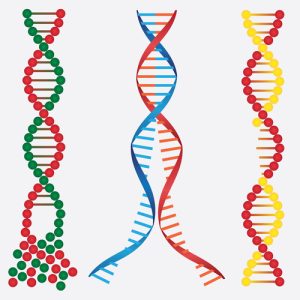Most of us have heard about the 1300s plague or Black Death, or Bubonic Plague. I didn’t know much about it so watched a special on TV. At the end of the show, they talked about how it was the microbe that created this problem, and that man’s deadliest enemy was the microbe. I thought that was a strange idea and wasn’t sure what they were selling except maybe “fear”.
Now, an interesting part of the show talked about how after 1/2 of the population was killed by the plague, that there was more food to go around and they even had luxury foods like fruit, vegetables and meat. What? Luxury foods? Yes, it seems that before the bubonic plague, the diet of most of the populace was grains. If you follow it back that was because there had been a famine earlier. Not enough food. Now what does that type of diet do to the immune system? If you read about the plague it affected the lymph glands. What was the cause of this epidemic?
I’m sure I can find out more about this, but seriously, although I know that some people claim that grains are good for you (mostly the people who grow and process grains) that sort of diet is not healthy. The immune system would be compromised. So, man’s deadliest enemy isn’t the microbe, but the fact that he allows himself to eat foods that would lower his immunity and become the effect of these microbes.
Here is a new article about the Diet of the Plague, What Went Wrong?
Read also Immunity

 There are specific types of neuropathy that are considered inherited.
There are specific types of neuropathy that are considered inherited.